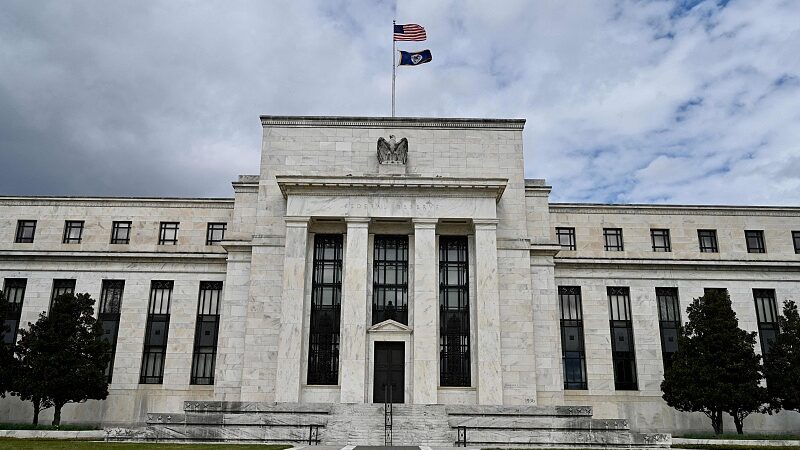As the U.S. government faces a potential shutdown and debates over its debt ceiling intensify, economists warn of cascading effects on global markets. Lin G., a CGTN economic commentator, highlights the risks of a "soft default" – delayed payments to federal workers and contractors – which could undermine confidence in the dollar's stability.
Why Asia Should Care
With Asian economies holding significant U.S. Treasury bonds and relying on dollar-denominated trade, prolonged uncertainty could trigger capital flight and currency volatility. "This isn't just America's problem," Lin notes. "Asian exporters, from tech manufacturers to textile hubs, face disrupted supply chains if federal agencies halt import/export approvals."
Investor Implications
Market analysts suggest short-term Treasury yields might spike, while tech stocks with U.S. exposure could see sell-offs. However, gold and regional currencies like the Singapore dollar may gain appeal as safe havens. Cross-border investors are advised to monitor U.S. congressional negotiations closely.
Long-Term Strategic Shifts
Some Asian central banks have quietly diversified reserves into euros and yen since 2023, a trend that could accelerate. Lin observes: "Repeated brinkmanship in Washington pushes countries to rethink over-reliance on dollar systems – potentially reshaping trade agreements and reserve portfolios."
Reference(s):
The US government shutdown and 'soft default' on American debt
cgtn.com








